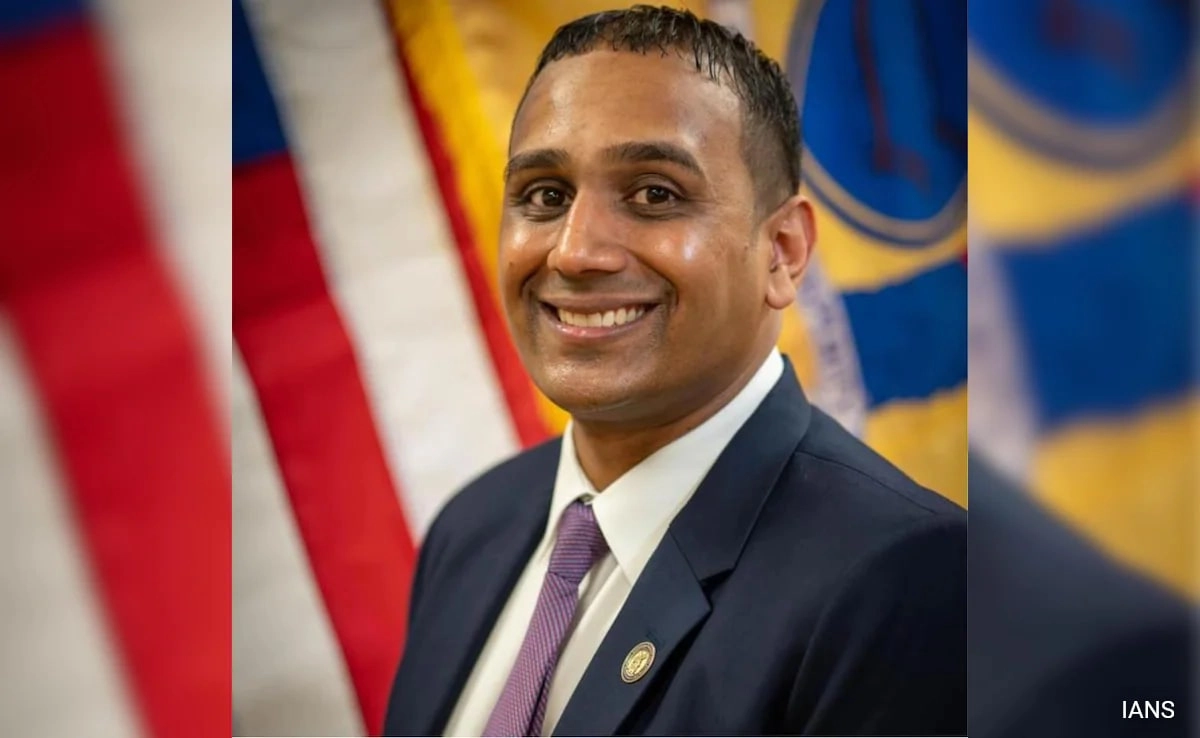An Indian-origin politician in the United States has recently been charged in connection with a sophisticated gambling operation allegedly run by organized crime. This development has sent shockwaves through the political landscape, raising questions about the intersection of governance and illicit activities. The politician, whose identity has not been disclosed in the initial reports, has been implicated in facilitating or promoting a gambling enterprise that is believed to be linked to a mafia group. Such allegations not only tarnish the individual’s reputation but also cast a shadow on the broader community of Indian-origin politicians in the U.S., many of whom have worked diligently to contribute positively to American society.
The investigation leading to these charges reportedly involved extensive surveillance and intelligence-gathering efforts by law enforcement agencies. Officials claim that the gambling operation was not just a small-scale venture, but rather an extensive network that potentially involved significant sums of money and organized crime syndicates. The allegations suggest that the politician may have had a role in enabling this operation, whether through legislative support, financial transactions, or other means. This case underscores the ongoing challenges that authorities face in combating organized crime, particularly in sectors that thrive on secrecy and illicit activities.
Community leaders and constituents are expressing their disappointment and concern regarding the allegations. Many fear that this incident could reinforce negative stereotypes about Indian-origin individuals in politics and could lead to broader societal implications. The trust that constituents place in their elected officials is paramount, and cases like this can severely damage that trust, making it more difficult for honest politicians to operate effectively. As the legal proceedings unfold, there will be significant scrutiny not only of the politician’s actions but also of the systems in place that may have allowed such activities to flourish unchecked.
As this situation develops, it serves as a poignant reminder of the importance of transparency and accountability in public office. The implications of such charges extend beyond the individual involved; they touch on critical issues of governance, ethics, and the responsibility of elected officials to uphold the law. The outcome of this case could have lasting effects on both the political landscape and community relations, prompting discussions about reform and the need for stricter regulations to prevent similar incidents in the future.




